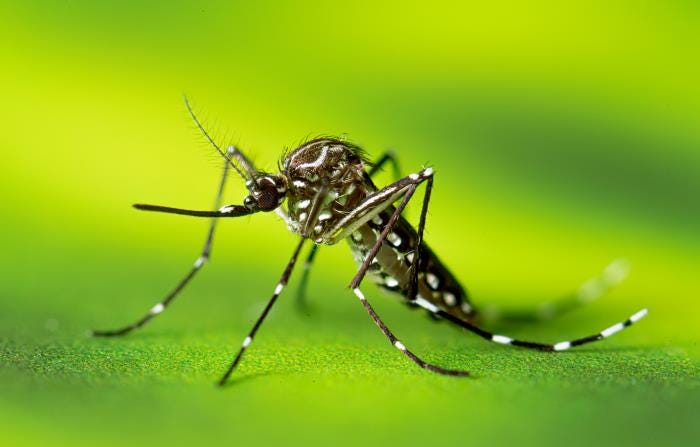Argentina: Dengue cases up 2,546% compared to the same period in 2023
According to the Department of Epidemiology, Ministry of Health, from the beginning of the year through February 17, 40,137 cases of dengue were reported.
This number of cases is 2,546% higher than that reported for the same period in 2023, when 1,517 were registered.
During this season, 3 serotypes circulating in the country have been identified to date: DEN-1, DEN-2 and DEN-3, with the predominance of DEN-2 followed by DEN-1.
25 cases of serotype coinfection (DEN-1 and DEN-2) were detected.
In 2024 to date, 28 dengue deaths were reported- in the provinces of Chaco (12), Corrientes (6), Formosa (5), Misiones (12), Buenos Aires (1), Santa Fe (1) and Santiago del Estero (1).
The spike in cases of the mosquito-borne disease reflects the peak season starting sooner, but epidemiologists also warned they had detected cases throughout the year, including in winter, when the disease usually subsides.
The Centers for Disease Control and Prevention reissued a travel notice for travelers to Central and South America, Mexico, and the Caribbean, where dengue is an ongoing risk, and this includes Argentina.
Subscribe to Outbreak News TV on YouTube
Dengue is a disease caused by a virus spread through mosquito bites. The disease can take up to 2 weeks to develop with illness generally lasting less than a week.
Health effects from dengue include fever, headache, nausea, vomiting, rash, muscle and joint pain, and minor bleeding.
Dengue can become severe within a few hours. Severe dengue is a medical emergency, usually requiring hospitalization.
In severe cases, health effects can include hemorrhage (uncontrolled bleeding), shock (seriously low blood pressure), organ failure, and death.





